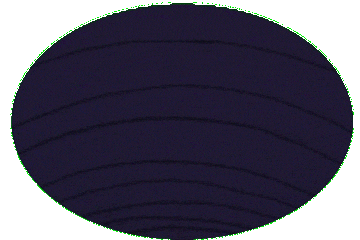Odysseus
In Greek and Roman mythology, Odysseus ( ə-DISS-ee-əs; Ancient Greek: Ὀδυσσεύς, Ὀδυσεύς, romanized: Odysseús, Odyseús, IPA: [o.dy(s).sěu̯s]), also known by the Latin variant Ulysses ( yoo-LISS-eez, UK also YOO-liss-eez; Latin: Ulysses, Ulixes), is a legendary Greek king of Ithaca and the hero of Homer's epic poem, the Odyssey. Odysseus also plays a key role in Homer's Iliad and other works in that same epic cycle. As the son of Laërtes and Anticlea, husband of Penelope, and father of Telemachus, Acusilaus, and Telegonus, Odysseus is renowned for his intellectual brilliance, guile, and versatility (polytropos), and he is thus known by the epithet Odysseus the Cunning (Ancient Greek: μῆτις, romanized: mêtis, lit. 'cunning intelligence'). He is most famous for his nostos, or "homecoming", which took him ten eventful years after the decade-long Trojan War.
This article uses material from the Wikipedia article "Odysseus", which is released under the Creative Commons Attribution-Share-Alike License 3.0.
References
| Title | Summary | |
|---|---|---|
| Ulysses | ... for the mythical Greek hero Odysseus whose return to ... | |









